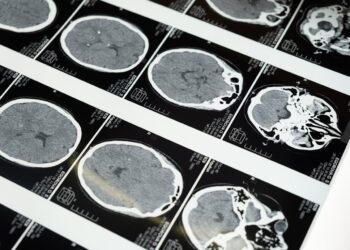- A recent preliminary study highlights a promising development in stroke recovery treatment.
- Researchers found that ischemic stroke patients—those experiencing strokes caused by blood clots—demonstrated improvements in cognitive function in the early recovery phase when administered intravenous injections of a ginkgo biloba extract within the first two weeks following their stroke.
- This discovery underscores the potential of traditional remedies in modern medical practices and sparks a dialogue on integrating such treatments into stroke recovery protocols.
According to a preliminary study, presented at the
Extracted from the dried leaves and seeds of the ginkgo tree, which is among the oldest living tree species native to East Asia, ginkgo biloba is a herb celebrated in traditional Chinese medicine and also available as a dietary supplement in the United States.
In China, intravenous (IV) therapies utilizing the active compounds of ginkgo biloba are commonly employed for stroke treatment, attributed to its potential antioxidant properties that could safeguard neurons against damage.
However, the FDA has not sanctioned ginkgo biloba for any medical application, and, as per the National Center for Complementary and Integrative Health (part of the National Institutes of Health), there is not currently sufficient evidence to approve its use.
In this new study involving 3,163 individuals who had experienced mild to moderate blockage-related strokes, researchers investigated how their cognitive function recovered post-stroke.
These participants, who were, on average, 63 years old and 36% of whom were women, received treatment across 100 facilities in China.
Within the first 48 hours after…
Read the full article here







